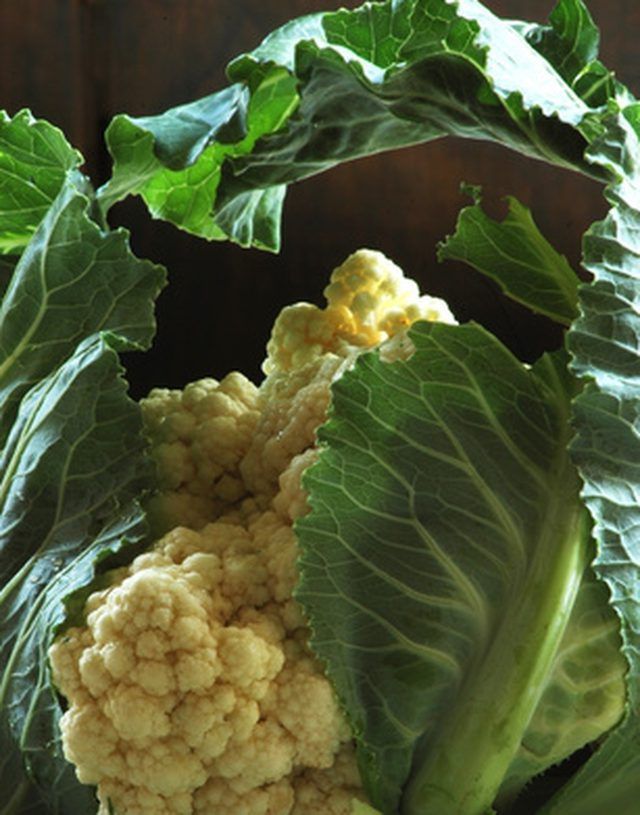Bulbs
Flower Basics
Flower Beds & Specialty Gardens
Flower Garden
Garden Furniture
Garden Gnomes
Garden Seeds
Garden Sheds
Garden Statues
Garden Tools & Supplies
Gardening Basics
Green & Organic
Groundcovers & Vines
Growing Annuals
Growing Basil
Growing Beans
Growing Berries
Growing Blueberries
Growing Cactus
Growing Corn
Growing Cotton
Growing Edibles
Growing Flowers
Growing Garlic
Growing Grapes
Growing Grass
Growing Herbs
Growing Jasmine
Growing Mint
Growing Mushrooms
Orchids
Growing Peanuts
Growing Perennials
Growing Plants
Growing Rosemary
Growing Roses
Growing Strawberries
Growing Sunflowers
Growing Thyme
Growing Tomatoes
Growing Tulips
Growing Vegetables
Herb Basics
Herb Garden
Indoor Growing
Landscaping Basics
Landscaping Patios
Landscaping Plants
Landscaping Shrubs
Landscaping Trees
Landscaping Walks & Pathways
Lawn Basics
Lawn Maintenance
Lawn Mowers
Lawn Ornaments
Lawn Planting
Lawn Tools
Outdoor Growing
Overall Landscape Planning
Pests, Weeds & Problems
Plant Basics
Rock Garden
Rose Garden
Shrubs
Soil
Specialty Gardens
Trees
Vegetable Garden
Yard Maintenance
Use of Sulfur Fertilizer for Vegetable Production
Use of Sulfur Fertilizer for Vegetable Production. Using fertilizer for your vegetable garden helps make sure that your plants are getting all the nutrients they need for optimum growth and production. The need of plants for sulfur is not as commonly recognized as other plant nutrient needs. Some vegetables have high sulfur requirements that is not...

Using fertilizer for your vegetable garden helps make sure that your plants are getting all the nutrients they need for optimum growth and production. The need of plants for sulfur is not as commonly recognized as other plant nutrient needs. Some vegetables have high sulfur requirements that is not met by all garden soils, so the vegetable gardener needs to be aware of the signs of sulfur deficiency in plants and what to do about them.
Nutrition
Plants have nutritional needs just like humans and animals, of which the main ones, oxygen, carbon and hydrogen, are supplied by the water and air. But plants require many more nutrients for their best growth. According to the Rutgers Research Cooperative and Extension Fact Sheet, "Fertilizing the Home Vegetable Garden," sulfur is one of the macronutrients required for plant growth, along with nitrogen, phosphorus, potassium, calcium and magnesium. Macronutrients are nutrients that the plants take up from the soil in large amounts.
Requirements
Certain vegetables have especially high sulfur requirements. Cabbage, cauliflower, kale, turnips, and radishes, all belonging to the mustard family, as well as onions, asparagus and many flowering plants need a lot of sulfur in order to thrive. If they are not getting enough sulfur from the soil, they will develop signs of sulfur deficiency.
Signs
Keeping an eye out for signs of nutritional deficiencies is essential for successful vegetable gardening. Confusingly, signs of sulfur deficiency resemble signs of nitrogen deficiency. The plants will be stunted in growth and develop "chlorosis," which makes them turn pale green or yellow. With sulfur deficiency, though, the whole plant is affected and the leaves do not die back in the early stages of deficiency.
Prevention
Whether or not your garden soil is likely to require sulfur fertilizer depends on the soil in your region. If the soil in your region is sandy, your plants are more likely to suffer from sulfur deficiency. Fortunately you can test for sulfur deficiency in your garden soil or, even better, before you plant your vegetable garden by using a soil testing service. According to the National Sustainable Agriculture Information Service, most land-grant universities offer free or low-cost soil testing services to gardeners.
Solution
Sulfur fertilizers include sulfate of potash, ammonium sulfate and composts or manures. You can even address sulfur deficiency in the garden by using Epsom salt. To determine the needs for the soil in your garden, consult a soil testing service to get recommendations for optimizing the growth of your sulfur-requiring vegetables.